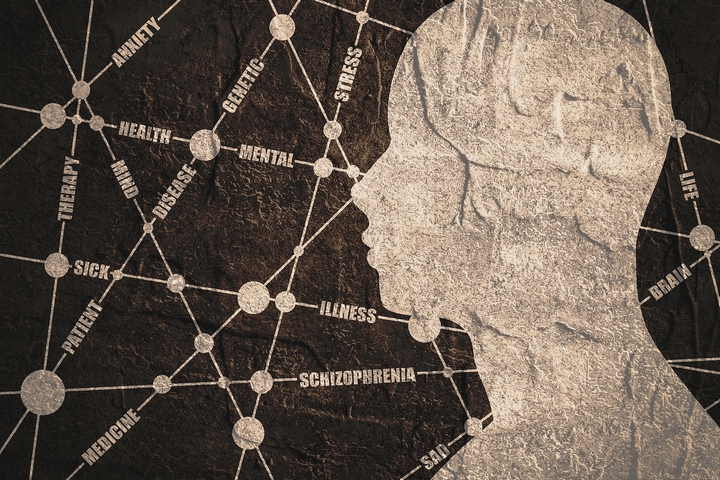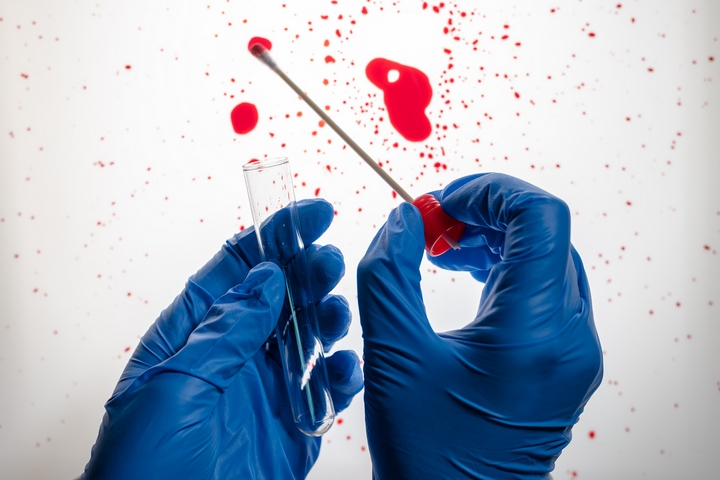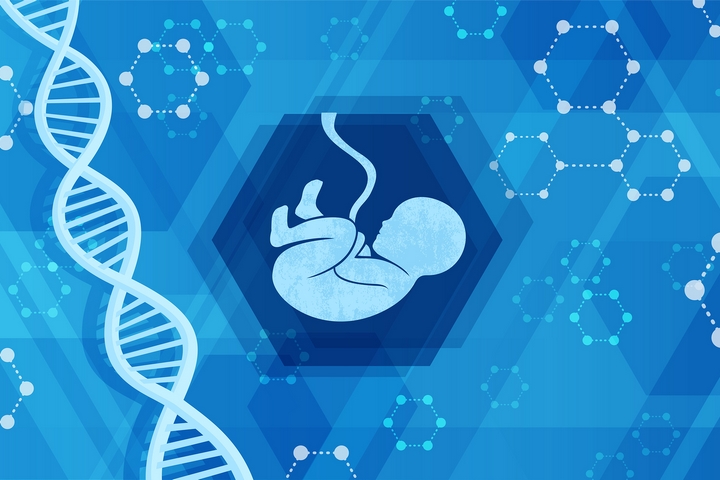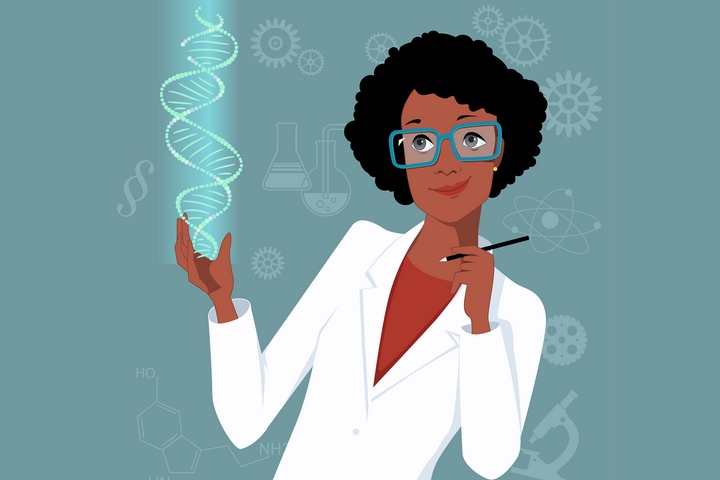DNA testing, also called genetic testing, is a medical test that can rule out or confirm suspected genetic conditions, determine a person’s chance of developing or passing down a genetic disorder, and trace back a person’s ancestry. As the analysis of DNA testing grows more common in both criminal justice and medical fields, there are both advantages and disadvantages. This list will describe the pros and cons of DNA testing.
1. Disease Screening

A major advantage of DNA testing is the capability to screen for risk factors and genetic diseases. People who plan to become parents can be tested in order to determine if they carry the genes that could cause certain conditions, and which might be present in other members of their families. This could impact the couple’s decision as to whether or not they should have biological children.
Women who participate in fertility treatments that involve an implanted embryo can get information about the embryo before it is implanted. This can confirm or eliminate the concern of some genetic disorders.
Possibly the best part of disease screening is that a genetics test allows you to design a lifestyle that could avoid activating problematic genes.
2. Identification

Possibly the biggest advantage to DNA testing is its use in criminal investigations. DNA tests are done to identify suspects in crimes, when he or she leaves DNA evidence behind at a crime scene and then is identified later via DNA tests. Each person has a unique DNA so the possibility of error is extremely small. This makes DNA testing a better form of identification that other methods like fingerprints.
DNA from skin, hair, and/or blood at a crime scene can be matched to the DNA of a suspect. These tests are of vital importance in the circumstances of rape, where medical experts find traces of the rapist’s DNA. These results can then be compared to suspects or added to a database in order to tie like-crimes to each other, which can eventually lead to a guilty party.
3. Privacy Issues

A huge disadvantage of DNA testing and analysis is the possibility of invasion of a person’s privacy. DNA reveals a lot about a person, making it extremely sensitive information that must be guarded. Several countries keep DNA banks of those who have committed crimes, but there are also cases where people who were arrested but not convicted were kept on file. DNA fingerprinting in this case could be used as a tool to violate those people’s privacy
Furthermore, there have been some recent developments in the news where a large DNA fingerprinting company has been sold to a pharmaceutical company. The information gathered by the DNA company is now accessible to the purchasing company, which leaves those people’s DNA vulnerable to misuse.
4. Consequences of Test Results

Many risks associated involve the social, financial, or emotional consequences of the test results. People might feel guilty or angry.
5. Eugenics

Many people have concerns that the widespread use of DNA analysis could lead to the slippery slope of eugenics. This is where people manipulate the gene pool by allowing only those with desirable genetic markers to be passed on to a generation. For example, genetic testing has been all but eradicated Down Syndrome in Iceland; mothers whose in utero babies test positive for DS markers are aborted.
The ethical questions concerning genetic modification are often the number-one issues when it comes to how, and when, DNA testing should be allowed. Many people see manipulating the gene pool as being against religious beliefs, or interfering with nature.













